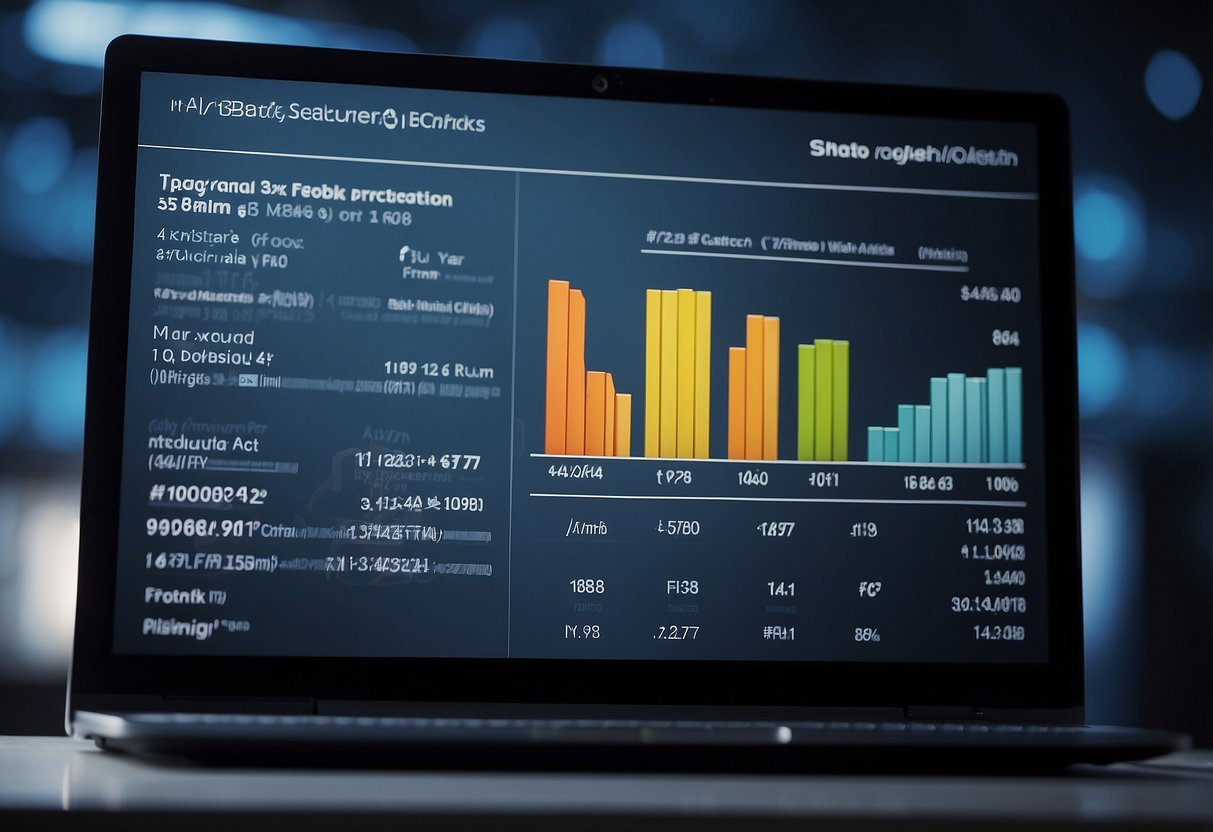
Identity Theft and Credit Scores
Identity theft can severely damage your credit score, making it crucial to detect, prevent, and recover from such incidents. Timely identification and immediate action are key to minimizing harm.
Detecting Fraudulent Activity
Monitoring your credit reports regularly can help you catch fraudulent activity early. Look for unfamiliar accounts or charges, sudden changes in credit limits, or unexpected credit inquiries. Receiving bills for unknown purchases or calls from creditors about unknown debts are also red flags.
Another effective tool is credit monitoring services, which provide real-time alerts for suspicious activity. They can notify you of significant changes such as new accounts being opened or large transactions. These services can be invaluable in quickly identifying potential fraud.
Prevention and Protection
Protecting your personal information is essential to preventing identity theft. Shred sensitive documents before disposal and secure personal items such as Social Security cards and passports. Be cautious about sharing personal information online and use strong, unique passwords for online accounts.
Enabling two-factor authentication adds an extra layer of security to your online accounts. This makes it more difficult for thieves to gain access even if they have your password. Regularly updating your passwords and monitoring your accounts for unusual activity can further safeguard your information.
Recovering From Identity Theft
If you become a victim of identity theft, act promptly to minimize the damage. Contact the fraud departments of each affected company or bank and request the closure or freezing of compromised accounts. Filing a report with the Federal Trade Commission (FTC) and your local police department can help in documenting the crime.
Placing a fraud alert or credit freeze on your credit reports can prevent new accounts from being opened in your name. This restricts access to your credit file, making it harder for identity thieves to open new accounts. Working closely with the credit bureaus and creditors will assist in clearing fraudulent account information from your reports.
Legislation and Consumer Rights
Consumers have certain rights and protections when it comes to their credit scores. These rights are established through critical legislation aimed at ensuring fairness and transparency in credit reporting.
Fair Credit Reporting Act
The Fair Credit Reporting Act (FCRA) is a key law in the United States that governs how consumer information is collected, accessed, and used by credit reporting agencies. Enacted in 1970, it aims to promote accuracy, fairness, and privacy of consumer information.
Under the FCRA, consumers are entitled to one free credit report per year from each of the three major credit bureaus: Equifax, Experian, and TransUnion. These reports help consumers check their credit information for accuracy and identify possible errors or fraudulent activity.
The FCRA also provides consumers with the right to dispute inaccurate or incomplete information in their credit reports. If an error is found, the credit reporting agency must investigate within 30 days and correct any inaccuracies.
Additionally, the FCRA regulates who can access a consumer’s credit report. Only those with a valid need, such as creditors, insurers, employers, and landlords, can obtain a copy of the report. This helps ensure that consumer information is used appropriately.